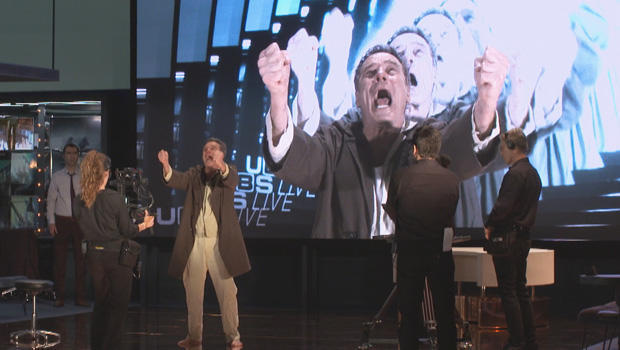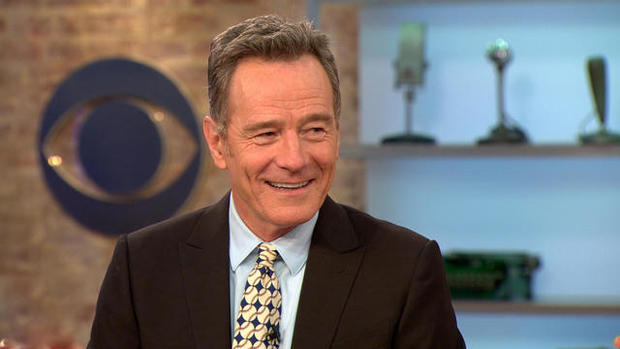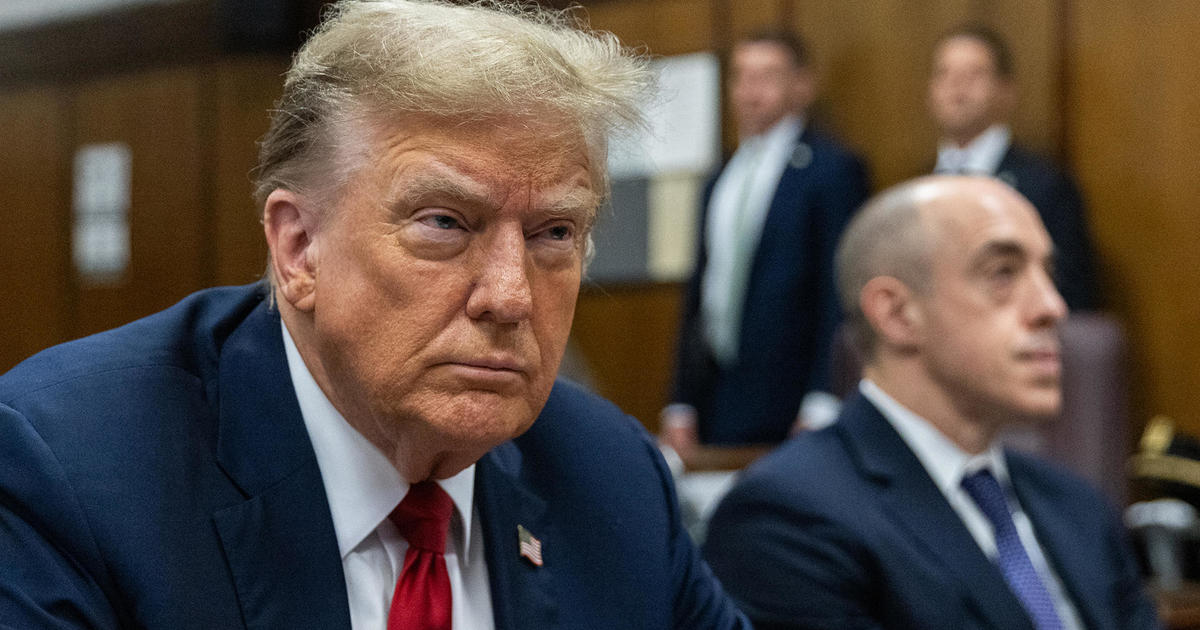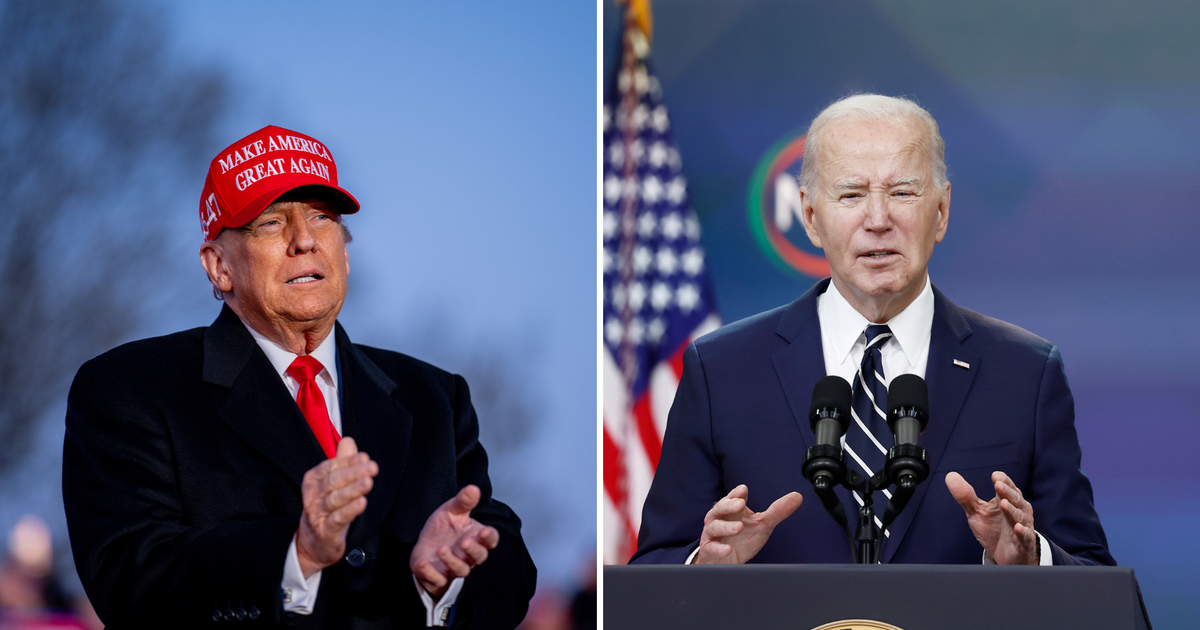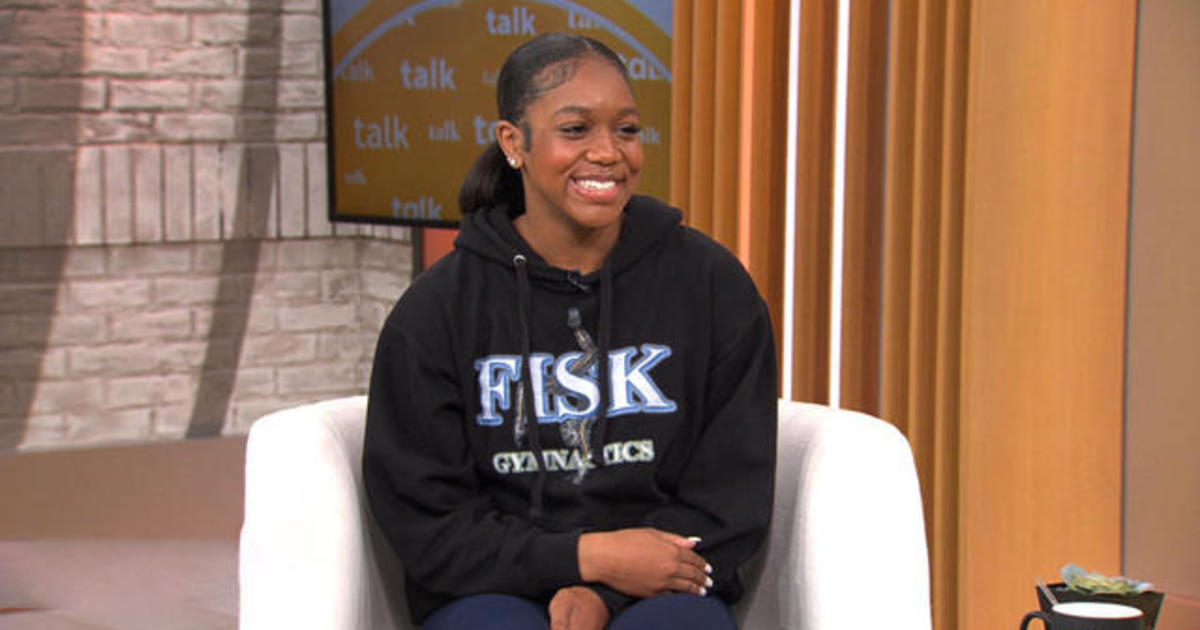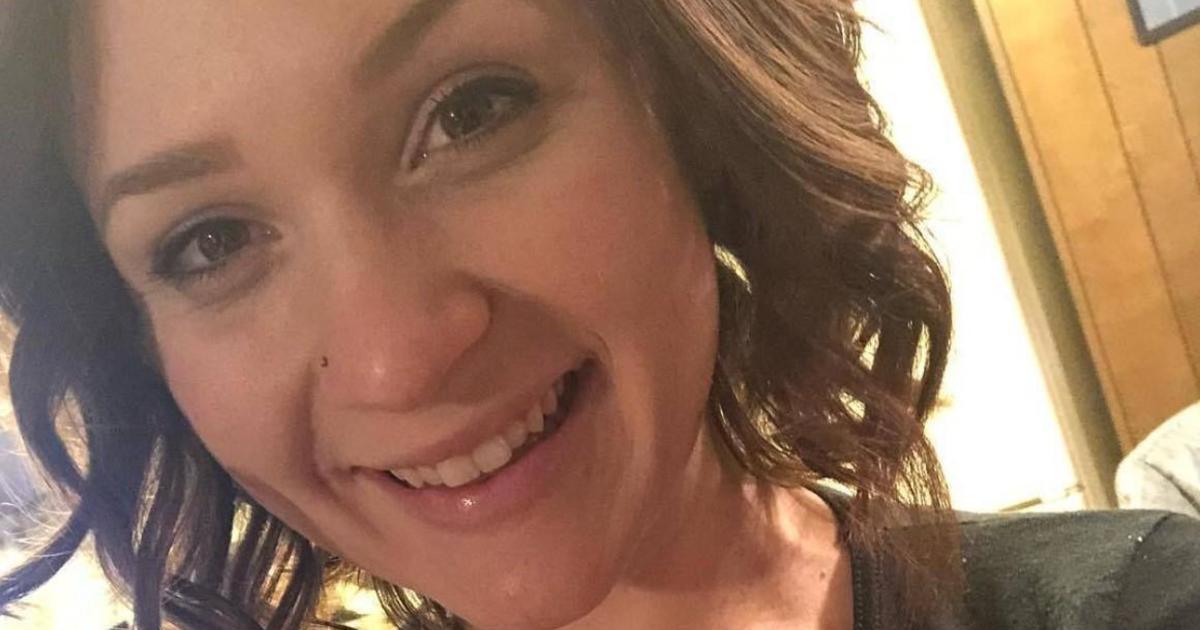Bryan Cranston says "Network" is a warning about "ideological camps"
Bryan Cranston is a Tony Award nominee for his performance in the Broadway version of the 1976 satire "Network," in which news anchor Howard Beale has an on-air breakdown, becoming a "mad prophet of the airwaves." Cranston exhorts his viewers to get "mad as hell" about the state of the world.
His rants create a sensation, and his bosses exploit Beale to get better TV ratings for the news.
On "CBS This Morning" Friday, Cranston was asked how he is able to bring forth such anger to his role night after night. "You know, it's part of the actor's toolkit to be able to go inward, to your own personal experiences, and pull out whatever you need at any given time – rage, jealously, love, joy," he said.
"Anger is an emotion that makes people very uncomfortable, but it is also so necessary," said co-host Gayle King.
"Anger, especially now, is usually shunned in our society," Cranston said. "When we see someone who is angry, we don't want to be anywhere around them. But there's a lot of anxiety in our social circles now, in our country, a lot of bitterness and divisiveness. And perhaps anger is a way to drive and release that pressure."
While performing Beale's televised rants, Cranston will go off-stage and interact with audience members, even sitting in the orchestra and sneaking food out of someone's takeout bag. "I have free reign to do whatever Howard Beale wants to do at that moment," he said, "because it's important for that moment, for that audience to see that he is promulgating the idea of letting go. He has gone over to the other side. He says, 'Don't struggle anymore, don't fight against the machine. Let go.'"
Cranston was asked how he approached a character made famous in the film by Peter Finch, who won an Oscar for his performance. "Well, every time you take on a character, for an actor it's outside of you, and the more I work, the more I do research, the more I get into the head of this man, the more he's invited in. And at some point you just trust that the character – for lack of a better term, osmosis – just sinks in to you, and then you operate from that point of view."
Co-host Tony Dokoupil asked what the relevance of the story was today, compared to when Paddy Chayefsky wrote the original film's screenplay in the 1970s.
"When I was a kid growing up watching Walter Cronkite, I always believed what I was listening to was just pure news," Cranston said, "and I believe it still was, but there were decisions being made by producers back then, as there are now. You have 25 stories; we can only get to 12. Who makes that decision of what you're not going to say? Who decides what's news, and what's the more important news? And you hope that it's altruistic in that decision-making. But sometimes an ideology does [influence], 'Well, I believe this is true, so this is what we're going to say.'"
"What's the problem with media today?" Dokoupil asked. "Is it television, as 'Network' has it, or is it now social media?"
"I don't think that today's television media can be absolved of the responsibility of being able to put forward honest good journalism," Cranston said. "Everyone is under pressure of ratings. Ratings and making money. And sometimes you'll see programs that [are] all about promoting that night's shows and things. You're like, 'Is this news, or are we just a promotional vehicle for something else?'"
King asked, "Do you look at [news] differently after playing the role?"
"I think you look at it with a little bit of skepticism, and I think that's prudent," he said. "I think the point of 'Network' is not to put yourself in any kind of tribalistic, ideological camp, to allow yourself to open up, to receive different ideas from all different sources and make up your own mind."
